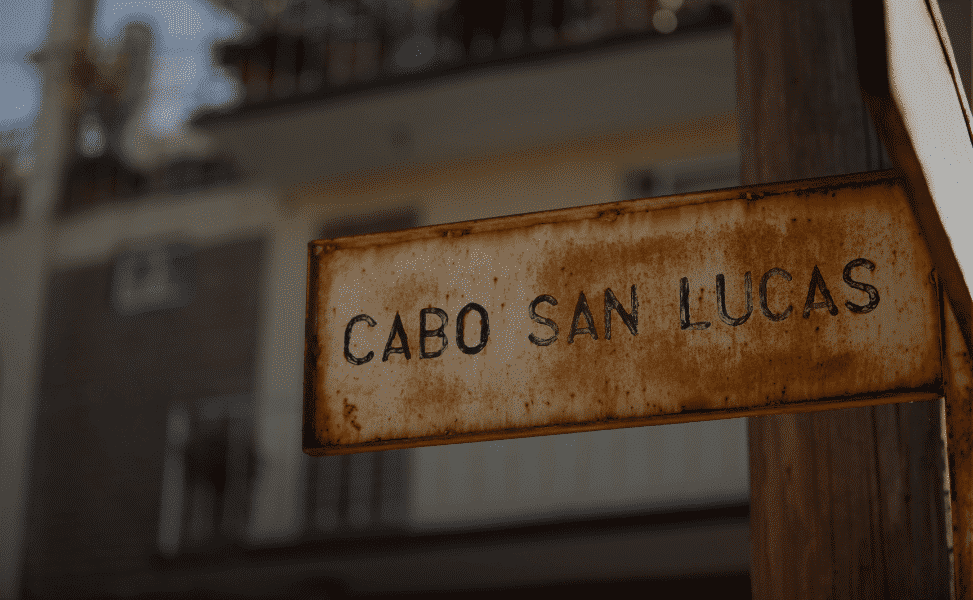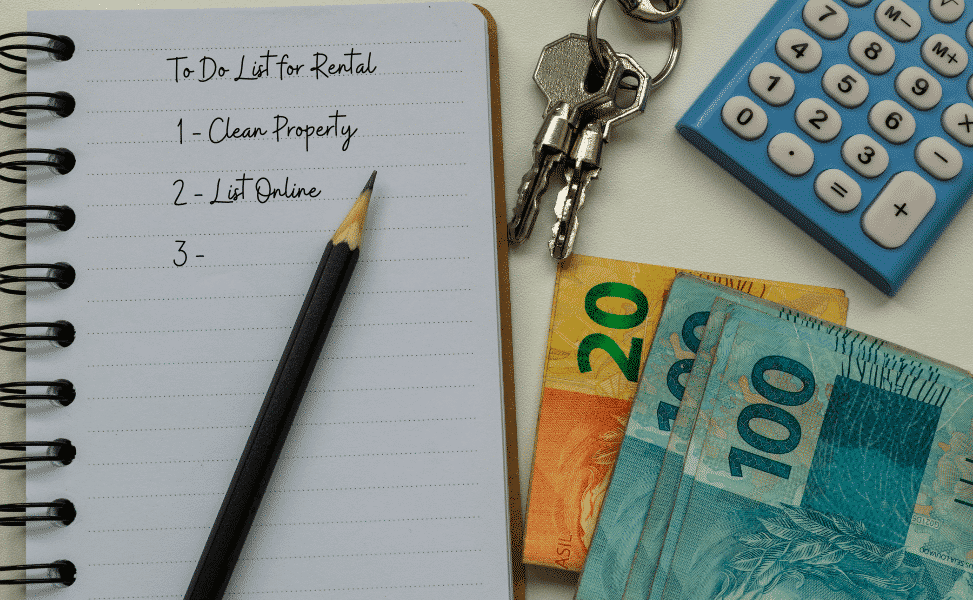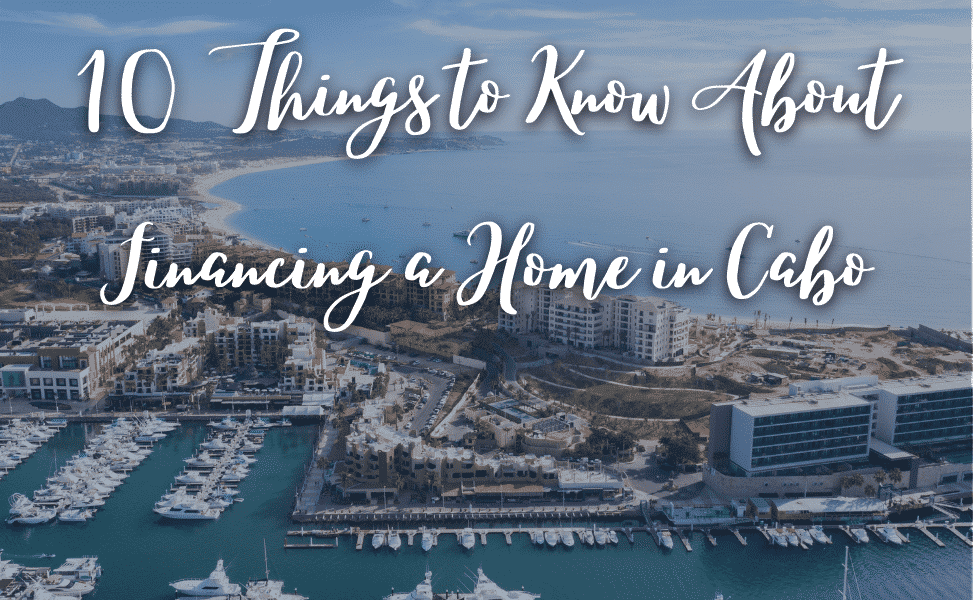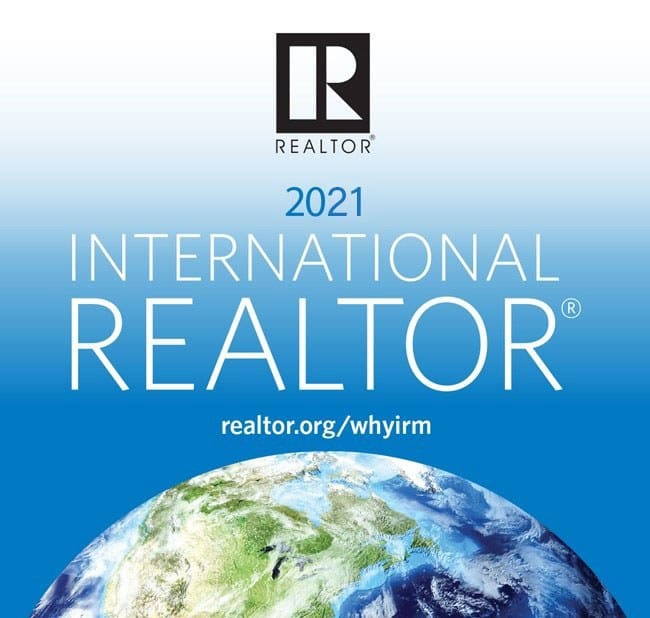Are you an American expatriate looking to settle in a sunny location? Do you crave the tranquil life in a beachfront villa or an ocean view property?
Mexico is an ideal choice for the American expat looking to buy a second or luxury vacation home. The sunny climate, increasingly friendly financing options, and prime properties only serve to sweeten the deal.
In the last quarter of 2020, the coastal housing market in Cabo exploded, with American buyers snapping up coastal properties in places such as Cabo San Lucas and San Jose del Cabo, as well as other coastal communities in Cabo.
Thanks to a stabilizing currency market, Mexican banks are eager to offer mortgage products to American expats buying real estate properties. It is now easier than ever to buy property in Cabo.
How to Finance a Home in Cabo
1. Can I Get a Local Loan in Mexico?
An increasing number of Mexican banks offer mortgage facilities to Americans wishing to purchase vacation homes in Cabo San Lucas and San Jose del Cabo. Naturally, you must secure residency in Mexico before applying for a loan.
Some Mexican banks offer dollar loans of up to one million dollars to American investors. Financing a home in Cabo can be fixed-rate or tied to standard international rates.
2. What are Cross-border Mortgage Loans?
Large Mexican banks offer cross-border mortgages to purchase luxury homes in Cabo San Lucas and San Jose del Cabo. They facilitate dollar mortgages to U.S. and Canadian residents wishing to buy Mexican real estate.
You can choose a short-term mortgage, at least three years, or a long-term mortgage, up to 30 years. Dollar loans carry a lower interest rate than a peso loan, but it’s higher than the mortgage rates in the U.S.
Requirements for a Cross-border mortgage include:
- High credit score
- Mortgage life insurance
- Official identification
- Property damage insurance
- Copies of bank statements and tax returns
- Proof of income

3. How Much Down Payment is Expected?
You’ll dig deeper into your pockets when financing a home in Cabo San Lucas with a cross-border mortgage—most Mexican banks finance between 50 and 70% of your property’s value. You can borrow between $100,000 and $1,000,000 to purchase a property in Mexico. That means you’d need to raise a down payment of between 30% and 50% to own a luxurious villa in Cabo San Lucas or San Jose del Cabo.
4. What Are the Average Interest Rates?
The interest rate on local and cross-country mortgages when buying Mexican real estate ranges from 6% to 10%. Banks also tuck in a differential risk of 1 to 3%, tied to your financial situation and the loan-to-value ratio.
5. Will I Pay Capital Gains Tax when Selling My Property as a Foreigner?
If you made a profit after selling a property in Cabo San Lucas and San Jose del Cabo, you’d need to pay capital gains tax. Mexico charges a 35% tax on the gains you made while selling a property.
To determine the capital gains made when selling, you should deduct the cost and expenses associated with the selling process. Some of the expenses include buying price, upgrades, realtor’s commission, and closing costs.
The seller is responsible for all taxes, fees, and expenses. It’s advisable to work with qualified legal tax accountants to keep the entire process legal and straightforward.
6. Can You Rent Out the Property Once You Purchase It?
You can legally rent out your vacation home in the tourist towns of Cabo San Lucas and San Jose del Cabo to generate an income. The Mexican government allows expatriates to own and rent out vacation rentals in the country.
Coastal properties in the beautiful sunny Cabo are in high demand. The region is popular with tourists since there are so many things to do in Cabo. Plus, with the current pandemic driving people to work remotely, the property demand is even higher.
On average, a one-bedroom apartment in San Lucas rents for at least $500 a month, while a three-bedroom duplex can generate at least $1,500.
Vacation rentals are a hit with tourists, with one-bedroom apartments fetching at least $60 a night. Some tourists pay thousands of dollars a night to sample the luxurious beachfront villas in Cabo.

7. Do I Need to Pay Tax on My Rental Property as an Expat?
Expatriates owning rental properties in Cabo San Lucas and San Jose del Cabo are expected to follow the Mexican tax laws. The tax laws apply to all rental properties in Mexico — big or small.
Mexico imposes a 25% tax on rental income before deductions, and the tax is payable within 15 days of receiving payment. There’s also a 16% Value Added Tax on rental properties, but that can be included in the rent price.
8. How Do I Avoid Double Taxation from My Rental Properties?
Mexico has tax treaties with Canada and the United States. The three NAFTA countries share investment and tax information. You must declare your rental income in both countries to avoid legal trouble.
You can avoid double taxation by furnishing the Mexican government with your tax residence certificate. Or a recent income tax statement showing that you’re a resident in a treaty partner country.
9. How do I Buy Property in Restricted Areas?
American expatriates can buy properties in the restricted zone through a fideicomiso. Restricted zone refers to areas within 50 kilometers of the beach or 100 km of the border. San Jose del Cabo and Cabo San Lucas, which fall within the restricted zone are home to luxurious beachfront properties.
A fideicomiso is a secure way to buy a property in Mexico because it makes you a beneficiary of a property held under a bank trust.
Alternatively, you can set up a Mexican corporation – it requires two people – and use the company to buy properties in the restricted areas. It’s the best option if you’re planning to turn the property in Cabo San Lucas and San Jose del Cabo into a vacation rental.
If you plan on staying in Cabo’s sunny climate for the rest of your life, you can consider becoming a Mexican citizen. You must have lived in Mexico for five consecutive years to be eligible for the process of Naturalization. Naturalized citizens can purchase properties in the restricted zones without a fideicomiso or setting up a corporation.
10. Can the Mexican Government Confiscate My Property?
No, the Mexican government can’t confiscate a legally acquired property with clear ownership. It’s advisable to use a credible real estate attorney to carry out a title search when buying a holiday home in Cabo San Lucas and San Jose del Cabo.
The title shows the chain of ownership and indicates whether the seller can legally sell the property and that there’s no outstanding claim on it. A title search reveals any liens or taxes owed on a property.
Once you’re registered as a legal owner and possess a title in your name, no one can lay a claim to the property. The Mexican government is governed by the North American Free Trade Agreement (NAFTA). It can only claim the land under exceptional circumstances with a clear purpose, but the government should make a fair market compensation even then.


